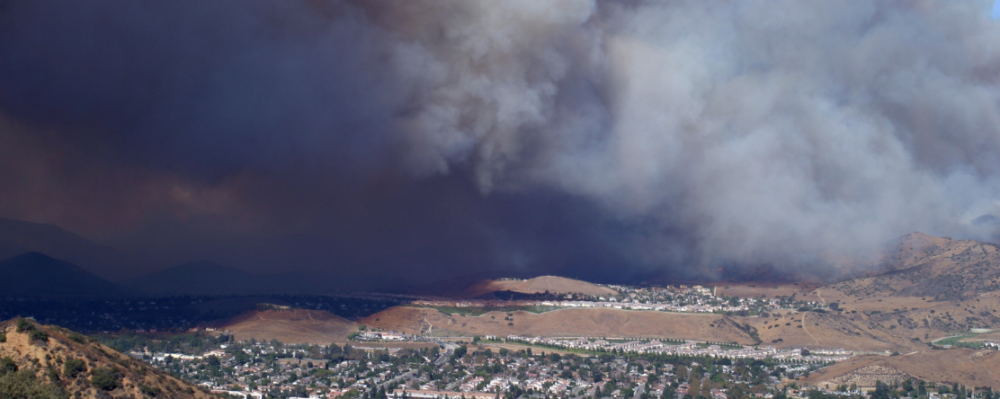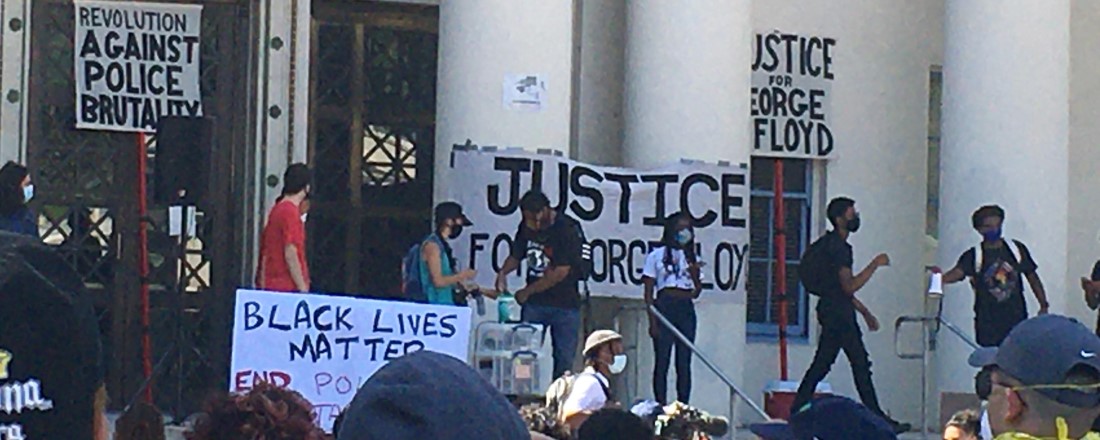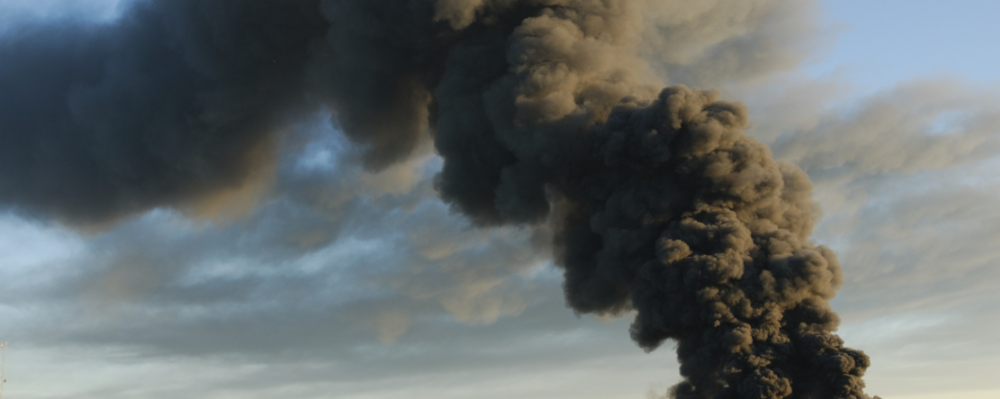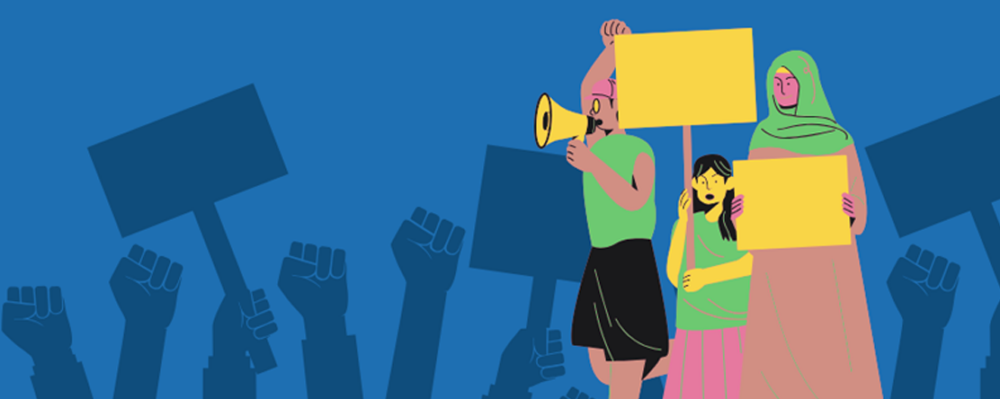
Statement
PHI Statement on Police Killing of George Floyd

Statement from Mary A. Pittman, DrPH, President and CEO of the Public Health Institute
“Over the past week, communities across the country have joined together in protest, outrage and grief over the horrific killing of George Floyd by police officers, as well as the murders of Ahmaud Arbery, Breonna Taylor, Tony McDade and so many other Black people.
“We all should be outraged. We all should be grieving. And we should also recognize that nothing compares to the grief and anger of our Black communities, from centuries of lives taken and justice denied.
“Police violence and racism are a public health crisis: In 2019, police killed 1,099 people in the United States, and Black people were three times more likely to be killed by police than white people. This trauma leaves a profound, lasting legacy—not only on individuals, but on families and entire communities: studies link the trauma of violence and racism to higher rates of chronic stress, long-term impacts to mental health, chronic disease and more.
“We can’t undo the decades of ongoing trauma caused in communities by police violence, but we can and must demand change—starting with police accountability and oversight, shifts to community-centered policing approaches, addressing anti-blackness in ourselves and our institutions, and ongoing efforts to repair and invest in Black communities. PHI supports the American Public Health Association’s policy recommendations on addressing law enforcement violence as a public health issue.
“As the COVID-19 pandemic continues, communities of color face an increased risk of exposure, transmission and death. Evidence shows that Black Americans are dying at three times the rate as whites, due to increased likelihood of exposure, and lack of access to quality, affordable health care, testing and other critical factors.
“COVID-19 and police brutality are not separate health concerns; they are deeply entwined. They are both compounding, ongoing crises—traced to a health emergency that has ravaged our country since its beginning: systemic racism. We have a duty to speak out because silence is acceptance of the status quo.
“The role of the federal government, public health and other institutions is to witness and support our Black communities as they grieve, and to join them in finding solutions—not to question the root of their anger or the means of its expression. Though the first floor of the building in Oakland where PHI’s headquarters are based sustained property damage during community response on Friday May 29, that damage will soon be repaired; we cannot replace the Black lives lost to police violence.
“The Public Health Institute stands in solidarity with Black leaders and communities in calling for accountability and action to end police violence, and we support our Black neighbors and community in their response to injustice.”
Additional statements from PHI programs
- Capitol Collaborative on Race & Equity: You Matter. We Care., from PHI’s Health in All Policies
- Police Violence and the Fight for Racial Justice, from PHI’s Berkeley Media Studies Group
- Racism Is A Public Health Crisis, from PHI’s Public Health Alliance of Southern California
- Racism Is A Social Determinant of Health and It’s Time We Address It, from PHI’s Build Healthy Places Network
- The Struggle Against Systemic Racism, from PHI’s Regional Asthma Management and Prevention program
- In the Name of Social Justice, Food Security and Human Dignity, from PHI’s Center for Wellness and Nutrition
- Rise Up Stands in Solidarity Against Racism and Police Brutality, from PHI’s Rise Up
- Structural Racism is a Public Health Emergency, from PHI’s California Bridge
- CAMI Health Statement of Solidarity, from PHI’s CAMI Health
- Black Lives Matter, from PHI’s California Opioid Safety Network
- Tracking California Believes that Black Lives Matter, from PHI’s Tracking California
- Black Lives Matter, from PHI’s Alcohol Research Group
More Updates
Work With Us
You change the world. We do the rest. Explore fiscal sponsorship at PHI.
Support Us
Together, we can accelerate our response to public health’s most critical issues.
Find Employment
Begin your career at the Public Health Institute.



